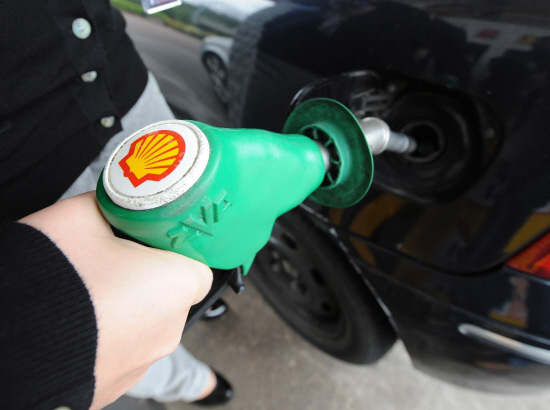The SNP have claimed they would put an end to the spiralling cost of petrol, as pump prices approach an all-time high.
After the party’s conference backing for a fuel duty freeze and introduction of a road fuel regulator, Perth and North Perthshire MP Pete Wishart launched a local Fair Fuel Campaign at Ballinluig yesterday.
He said, “According to the AA, the burden of fuel duty and VAT on a tank of petrol in the UK has gone up by 11.46% since the Pre-Budget Report at the end of November 2008.
“This compares to just 2.23% in Austria and an average increase for 10 mainstream European countries, including France, Germany and Holland, of 5.07%.
“Yet Labour has admitted that they will yet again use fuel tax to hammer household motorists and hauliers to pay for their bank bailout.
“It’s not just hauliers who suffer but ordinary families struggling to run a car for normal use. The effects of skyhigh fuel taxes also impact on prices in the stores, with costs rising to deliver food and other products to the shops.”
The SNP will be distributing over 60,000 campaign postcards this week.
Fuel prices have been felt keenly in Highland Perthshire, with Aberfeldy motorists paying some of the highest prices in the region until recently.
It has also been estimated a third of rural petrol stations have closed in the last decade.
Mr Wishart said, “I can categorically state that I and my fellow SNP MPs will continue to oppose Labour’s arbitrary fuel tax hikes and propose the introduction of a fuel duty regulator at the Budget to ensure price stability as well as lower fuel taxes for remote areas, and I challenge local Tories to back that call.”
Mr Wishart was joined at the launch by North Tayside MSP and finance secretary John Swinney.
“London-based politicians simply don’t seem to understand the impact that rising fuel prices are having on ordinary folk,” he said.
The SNP’s fuel regulator would see higher oil prices triggering an automatic freeze in fuel duty rates, while extra cash raised from VAT on petrol or diesel as a result of the higher pump prices would be used to cut fuel duty.
